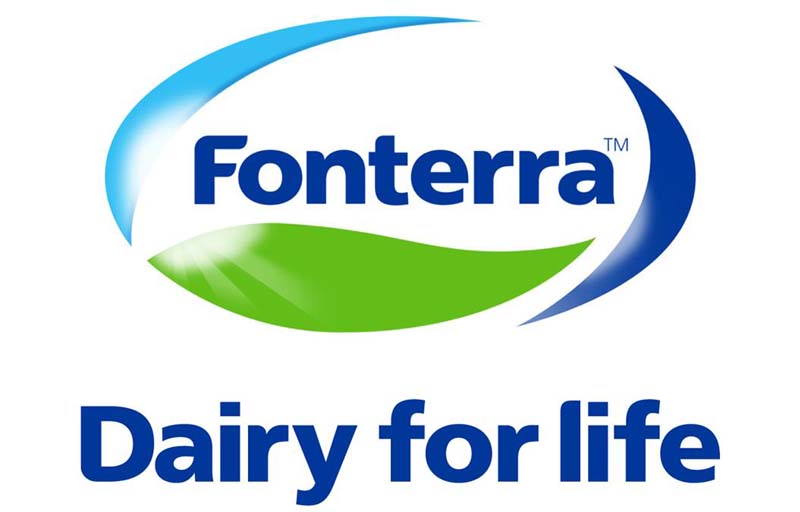Fonterra Proposes Key Changes to Fast-Track Approvals Bill, Declines Immediate Use of Expedited Process
Fonterra has offered several recommendations to refine the Fast-Track Approvals Bill, although it has no immediate plans to use the expedited approval process for its projects, according to Simon Tucker, Fonterra’s director for global sustainability, stakeholder affairs, and trade. Speaking to Newsroom, Tucker indicated that despite the proposed enhancements, Fonterra is currently not considering any projects for fast-track approval under the new legislation.

The bill, primarily aimed at accelerating infrastructure and development projects, has been met with reservations fr om various stakeholders, including Fonterra and Federated Farmers. Both entities have raised concerns regarding the protection of private landowners and the overall decision-making framework of the bill. Their submissions, while supportive of the bill’s objectives, underscored issues such as the lack of specific provisions for private landowners and the transparency and efficiency of the expert panel involved in the approval process.
One controversial aspect of the bill is Schedule 2A, which contains a list of projects that would automatically receive approval if the bill is enacted. The details of this list, which was released just before the closure of public submissions by Minister for RMA Reform Chris Bishop, remain largely undisclosed. However, it is known that the list predominantly includes Māori organizations and a variety of industry groups, with only a few farming bodies like Fonterra being invited to participate.
The inclusion of projects from sectors with significant environmental impacts, such as mining and intensive agriculture, has sparked criticism from environmental groups like Greenpeace, which has accused the bill of potentially enabling "environmental destroyers" to bypass thorough scrutiny. This critique is particularly poignant for Fonterra, given its substantial contribution to New Zealand's greenhouse gas emissions.
Fonterra’s submission also highlighted concerns about "reverse sensitivity" issues, wh ere new activities approved under the bill could negatively affect existing operations, such as odors from new developments affecting residential areas. The current bill lacks robust appeal processes to address these concerns, suggesting potential future conflicts.
Furthermore, Fonterra has proposed a reorganization of the decision-making process to better utilize the expertise of the appointed panel, recommending that the panel act as the primary decision-maker rather than just an advisory body to the minister. This change, they argue, would mitigate the variability in resource management outcomes that could fluctuate with different governments.
Lastly, Fonterra suggests broadening the scope of the bill to include projects of regional industrial significance, which could foster more comprehensive economic development beyond just national infrastructure projects. This recommendation aligns with regional planning frameworks like the Waikato Regional Policy Statement, providing a template for integrating regional industrial projects into the fast-track process.
These recommendations aim to refine the Fast-Track Approvals Bill to ensure it not only accelerates development but does so in a manner that is balanced and considers the long-term impacts on all stakeholders involved.
One controversial aspect of the bill is Schedule 2A, which contains a list of projects that would automatically receive approval if the bill is enacted. The details of this list, which was released just before the closure of public submissions by Minister for RMA Reform Chris Bishop, remain largely undisclosed. However, it is known that the list predominantly includes Māori organizations and a variety of industry groups, with only a few farming bodies like Fonterra being invited to participate.
The inclusion of projects from sectors with significant environmental impacts, such as mining and intensive agriculture, has sparked criticism from environmental groups like Greenpeace, which has accused the bill of potentially enabling "environmental destroyers" to bypass thorough scrutiny. This critique is particularly poignant for Fonterra, given its substantial contribution to New Zealand's greenhouse gas emissions.
Fonterra’s submission also highlighted concerns about "reverse sensitivity" issues, wh ere new activities approved under the bill could negatively affect existing operations, such as odors from new developments affecting residential areas. The current bill lacks robust appeal processes to address these concerns, suggesting potential future conflicts.
Furthermore, Fonterra has proposed a reorganization of the decision-making process to better utilize the expertise of the appointed panel, recommending that the panel act as the primary decision-maker rather than just an advisory body to the minister. This change, they argue, would mitigate the variability in resource management outcomes that could fluctuate with different governments.
Lastly, Fonterra suggests broadening the scope of the bill to include projects of regional industrial significance, which could foster more comprehensive economic development beyond just national infrastructure projects. This recommendation aligns with regional planning frameworks like the Waikato Regional Policy Statement, providing a template for integrating regional industrial projects into the fast-track process.
These recommendations aim to refine the Fast-Track Approvals Bill to ensure it not only accelerates development but does so in a manner that is balanced and considers the long-term impacts on all stakeholders involved.
Key News of the Week










